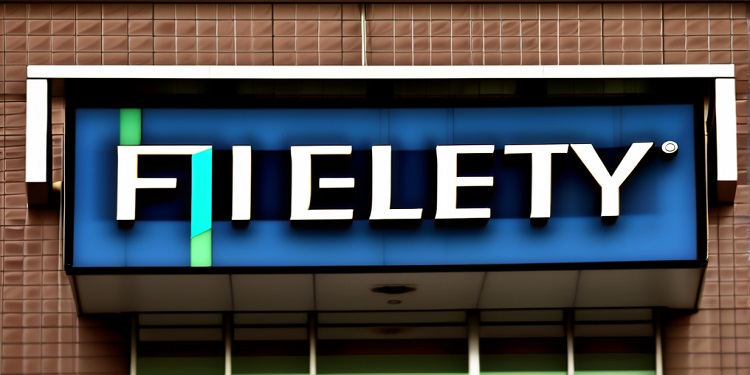Fidelity Investments, a global asset management company, has announced plans to launch a blockchain-powered money market fund with the aim of increasing the speed and efficiency of financial transactions while expanding its customer base. The company filed a document with the U.S. Securities and Exchange Commission (SEC) on September 26, 2024, detailing its intention to use blockchain technology for this new business. This is Fidelity’s first attempt to incorporate blockchain into its market funds, positioning it to compete with other asset management companies that have adopted similar technology.
Entering the competitive environment
Fidelity’s upcoming blockchain-based money market fund faces competition from major companies like BlackRock and Franklin Templeton, which have already launched their own blockchain-based market funds. BlackRock’s funds have received more than $500 million in inflows, setting a high bar for Fidelity. Additionally, Franklin Templeton funds released on the Aptos market and made available through platforms such as Ethereum, Arbitrum, Stellar, and Polygon further intensify the competitive landscape. Fidelity’s entry into this space signals the company’s commitment to innovation in the wealth management industry as these companies move to leverage blockchain for faster and more secure transactions.
Fidelity is not entirely new to the concept of tokenized assets. In early June, the company began tokenizing money market fund shares through JPMorgan’s Ethereum-based Onyx Digital Assets platform. This early move laid the foundation for widespread adoption of blockchain technology in financial products. The launch of the new fund represents Fidelity’s continued commitment to integrating advanced technology into its service offerings, streamlining the trading process and improving the customer experience.
Addressing security breaches and cybersecurity challenges
While Fidelity advances its blockchain ambitions, it continues to respond to the impact of a major cybersecurity breach that occurred in mid-August 2024. From August 17th to August 19th, hackers were able to access sensitive customer information, including Social Security numbers. and driver’s license can be obtained through two newly created accounts. The breach affected more than 77,000 users and forced Fidelity to provide credit monitoring and identity restoration services to reduce the impact on customers.
The company reassured customers that it is taking the necessary steps to address these security flaws and prevent future incidents. Affected individuals will receive two years of free credit monitoring and identity theft protection services from TransUnion Interactive. To access these services, customers must use a unique code provided in a letter sent by traditional mail.
Adding to the company’s cybersecurity problems, New Hampshire authorities disclosed a second breach, revealing that hackers accessed an internal database containing images of users’ documents. While no customer accounts or funds were compromised in this case, the breach highlighted vulnerabilities in the company’s security infrastructure. This attack highlights the need for Fidelity to strengthen its defenses against future cyber threats as it continues to expand its product portfolio.
Balancing innovation and customer trust
Despite these security challenges, Fidelity remains committed to evolving its product offerings and leveraging emerging technologies such as blockchain to remain competitive. Blockchain-based money market funds are expected to simplify and accelerate financial transactions, making them more attractive to investors looking for an efficient and secure way to manage their assets. By implementing blockchain in its financial products, Fidelity hopes to establish itself as a leader in the evolving landscape of asset management, where speed, security and transparency are increasingly prioritized.
The company’s ability to balance innovation with enhanced security measures is critical to maintaining customer trust. As Fidelity prepares to launch a blockchain fund, it needs to ensure its security protocols keep up with technological advances. Recent breaches have highlighted the importance of robust cybersecurity in an era where digital transformation is reshaping industries.
Future outlook for Fidelity’s blockchain efforts
Fidelity’s entry into the blockchain-based financial products field is a major step forward for the company. As more asset management firms turn to blockchain to optimize their trading processes, Fidelity’s new fund will reach a broader audience, including tech-savvy investors interested in the benefits of decentralized technology. There is a possibility of an appeal. However, the company’s recent security incidents are a reminder that cybersecurity remains a critical concern as the company continues to innovate.
By focusing on both technological advances and protecting customer data, Fidelity has the opportunity to establish itself as a frontrunner in the blockchain-driven financial services market. As the firm overcomes security challenges and positions its new fund against competitors, its success will depend on how well it can integrate cutting-edge solutions with the trust and security customers expect from large financial institutions. It’s taking place.


